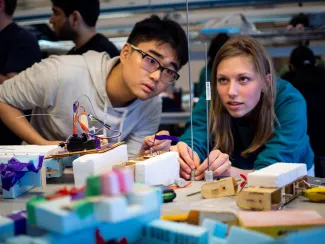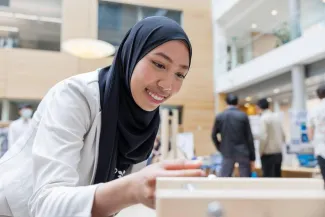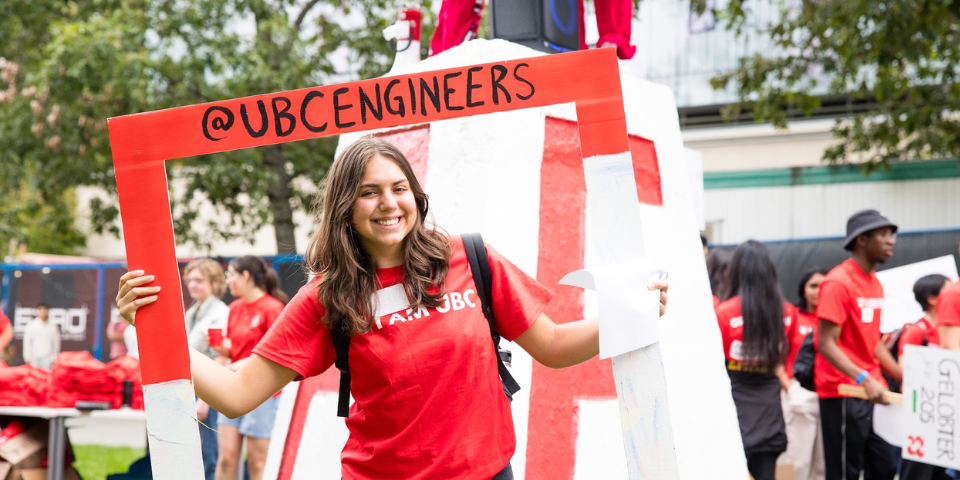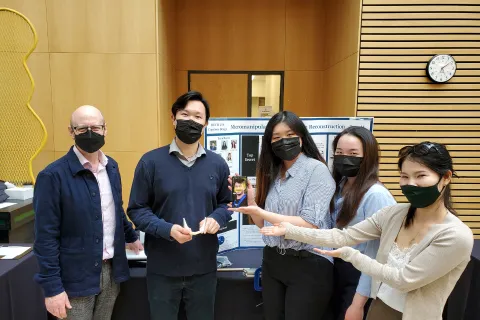
Anthony Zhou, Audrey Alianto, Cecile Ying, Daniel Andjelic, Yizhen Song
- Community Partner: ISTAR Group at Vancouver General Hospital
- Degree:
- Bachelor of Applied Science
- Program:
- Campus: Vancouver
Our project
Mandibular reconstruction surgery involves removing cancerous portions of the jawbone, which leaves the patient with a gap in their jaw. To allow patients to regain jaw functionality for eating, speaking and aesthetic purposes, the missing sections are replaced with bone segments from the patient's fibula or scapula bone.
A micromanipulator device is a surgical tool that assists surgeons with aligning and securing the bone segments. We believe that the better the segments fit into place, the better the post-surgery tissue healing and patient recovery will be. The project is important because it benefits patients' health and could reduce costs for the hospital.
Our inspiration
Anthony: My co-op experiences in the biomedical industry have instilled a passion in me to work on innovative medical devices and tools that could positively affect patients' lives. Knowing my work could make a difference, no matter how small, has inspired me to work on projects such as this one.
Audrey: I have a strong interest in the biomedical field, so applying our technical knowledge to improve people's quality of life is what inspired me to pursue this project.
Cecile: I have always been interested in biomedical engineering, and this project provided me with the opportunity to learn more about the design process for medical devices.
Daniel: The prospect of a school project that could produce something which benefitted patients' lives was important to me. As I am interested in environmental and medical applications of mechanical engineering, this project ticked all the boxes for me.
Yizhen: I chose to pursue this project because it had relevance to my degree as a biomedical engineer. The fact that a family member is in the medical field was also a great motivation for me.
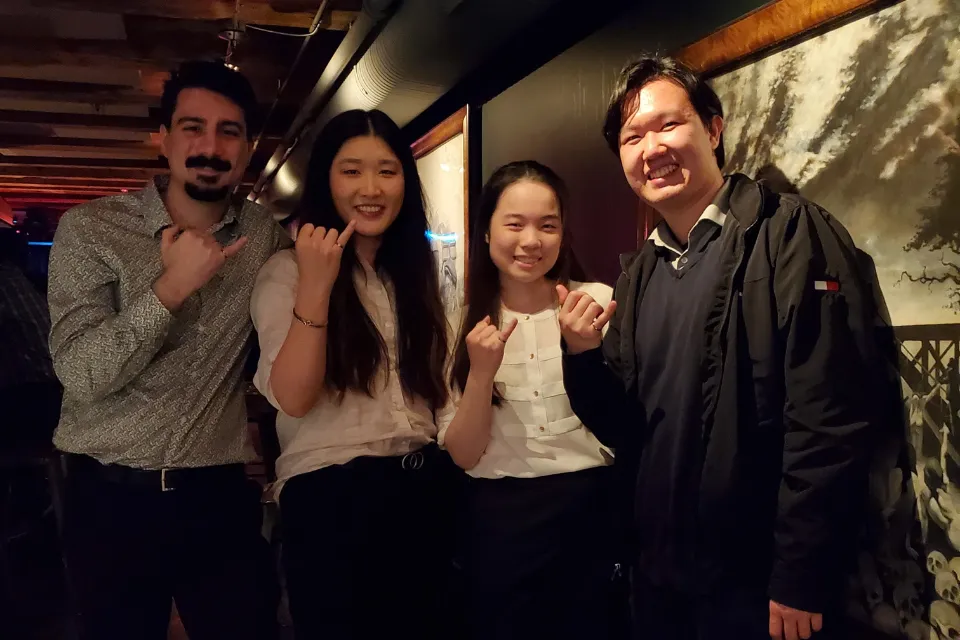
Our biggest challenge
Defining the scope of the project with the clients and generating a medically acceptable solution for real-world surgical use was the biggest challenge the team faced. Creating a medical device or tool was substantially more difficult than we had anticipated due to the strict requirements and changing needs of the surgeons and engineers.
What excited us most
The opportunity to observe a mandibular reconstruction surgery live in the operating room was the most exciting part of the project.
The most interesting/surprising thing we learned
The fibula bone, which can act as replacement segments for the removed jawbone sections, is NOT a weight-bearing bone. It means the bone is not entirely needed for basic movements. Only the top and bottom few centimetres are required for ankle stability, and therefore most of the bone is actually not needed. This was something interesting and surprising the team learned from our discussions with the surgeons we worked with.
Our project's future
The group at Vancouver General Hospital is looking to patent the device mechanisms and ideas soon, after some iteration. We are excited that the medical device has impressed the biomedical engineers and surgeons we were working with, and we look forward to seeing the project succeed in real-world operating room use!

